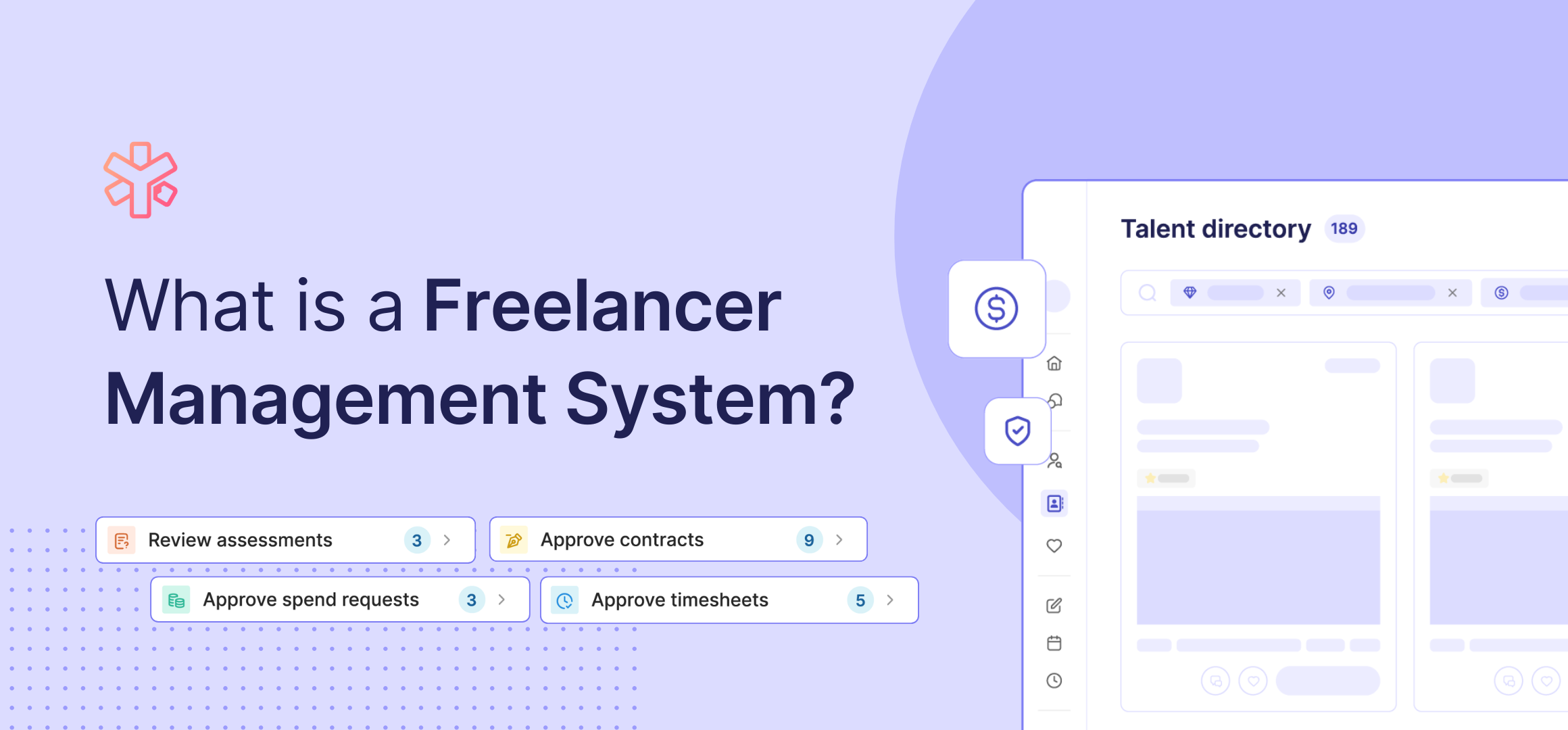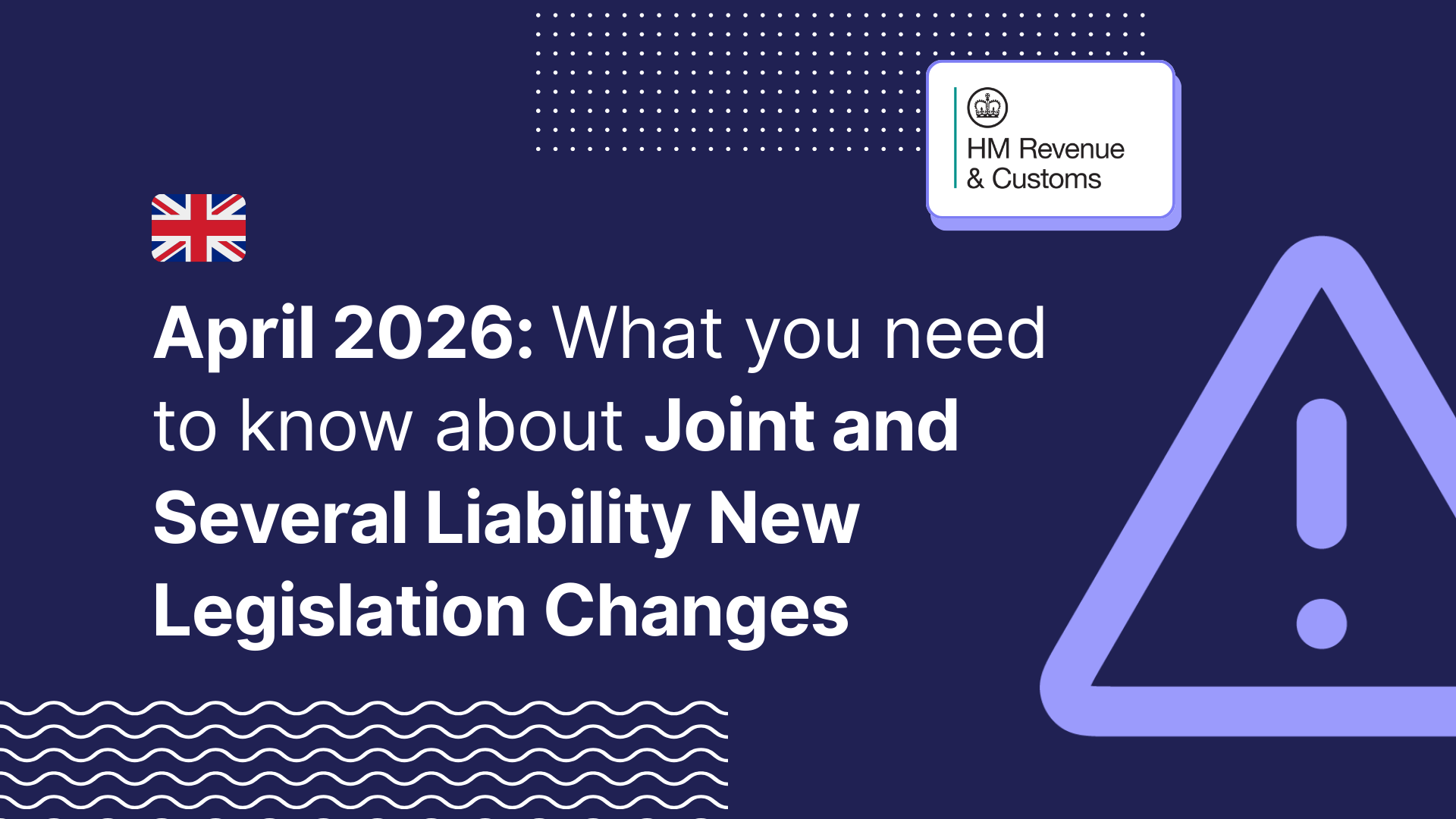Working with freelancers is one of the most popular ways for businesses to hire talent but when it comes to processes and payment have you got a plan to handle it internally?
When it comes to recognising when the best time is to start using a platform such as a freelance management system, there are a few things you may want to consider. We’ve pulled together six key questions to help decide whether now is a good time to use a platform to help hire freelancers:
1. How Many Freelancers Are You Working With?
One of the first signs that your business might be ready to use a freelance management platform is the number of freelancers you engage with. If you’re working with more than 10 at any one time, you’re probably already finding it very time consuming and manual.
As the number of freelancers grows, the time and cost associated with them grows too and the associated tasks will need to be managed legally.
2. How Much Are You Spending On Freelancers?
If your business already works with freelancers, it’s most likely you’re using spend and budget reports. Some businesses rely on spreadsheets to understand their freelancer usage, but manual processes are open to errors like forgetting about when someone leaves etc.
There's the added issue of sourcing freelancers from a variety of sources which can also lead to issues with budgets and third party fees.
3. Is Your Business Compliant?
Working with freelancers brings with it some compliance obligations for your business and your HR or legal teams, who may have some questions around how you’re planning to handle compliance such as:
- GDPR - Working with freelancers means regularly asking your network if you can keep their details on file whilst managing and storing their data correctly and compliantly.
- IR35 & SDC - Ensure you meet HMRC’s requirements of assessments, workers both in and outside IR35 as well as payments to sole traders.
- Insurance - Ensuring you and / or freelancers have validated insurance to cover their outputs, plus do you have IR35 coverage?
- Updating Contracts With The Law & Right to work checks - When a country's law and regulations change, contracts need to be updated. Whilst ensuring right to work checks are done is a key part of the process for most clients.
4. Do More Areas Of The Business Use Freelancers?
If multiple areas of the business are using freelancers, are you all using the same onboarding process? Do all departments consider the importance of HMRC and HR onboarding processes in the same approach? And are you all using the same process to make sure your internal security measures are met?
5. How Much Time Is Spent On Freelancer Contracts?
Whether your business works with freelancers for months or years, there are a lot of checks, contracts, visa updates and paperwork that need finishing. These are nearly always manual processes that many companies miss or overlook, meaning onboarding and offboarding isn’t done correctly and the business risks not being compliant with UK Law.
6. How Do You Manage Your Recruitment Network (PSL)?
Finding freelancers happens in various ways such as existing relationships, marketplaces like YunoJuno, and most commonly, using your recruitment partners. Whilst these are all great ways to find freelancers, they all usually carry different processes, invoicing, and even contractual terms that need tracking- typically in spreadsheets!
Why Using A Freelance Management System Could Be The Answer
Using technology to help automate processes and workflows when working with freelancers will significantly reduce admin and costs. This means your business can reap the rewards of talented freelancers without impacting your internal workforce.
A high-performing freelance management platform will handle all of the above ensuring your business is compliant across, IR35, SDC, GDPR, Right to Work, Regional Tax Laws, and much more. Reducing admin tasks and time, tax risk whilst all your contracts will be continually updated with the relevant country law too - result!
Freelance Management Systems help consolidate all your payments to freelancers and their associated recruiters into one invoice. This makes it easy to track budgets and keep on top of visibility and control on freelancer spend.








